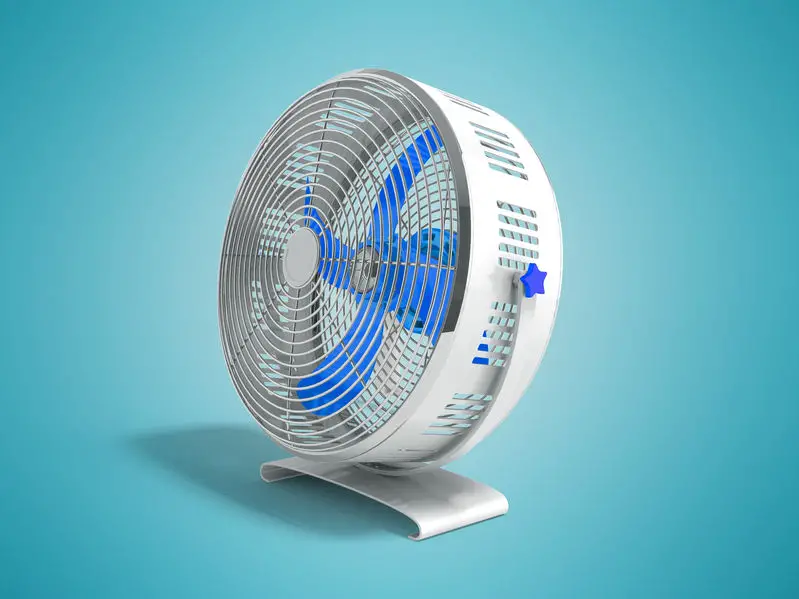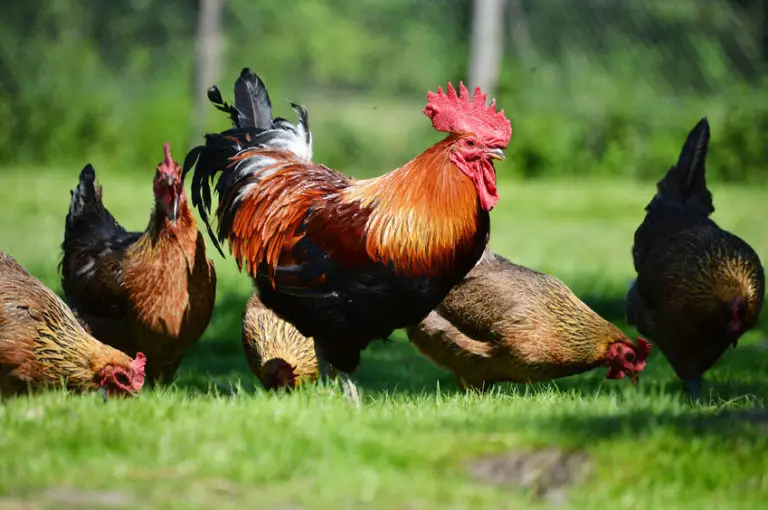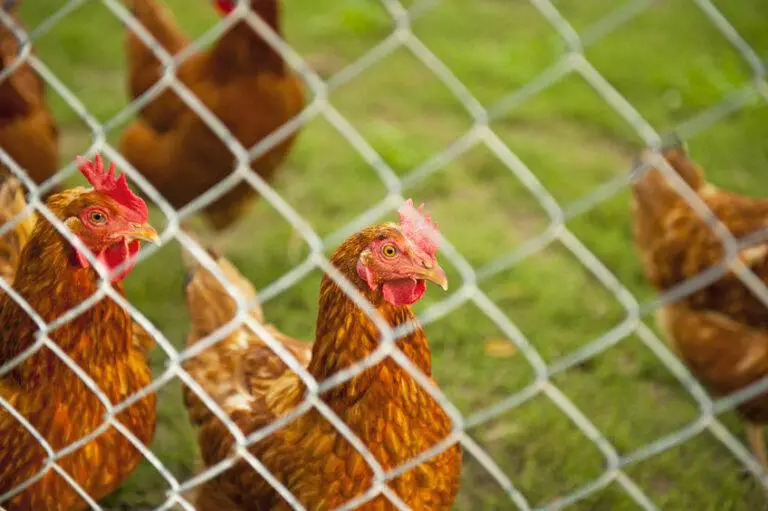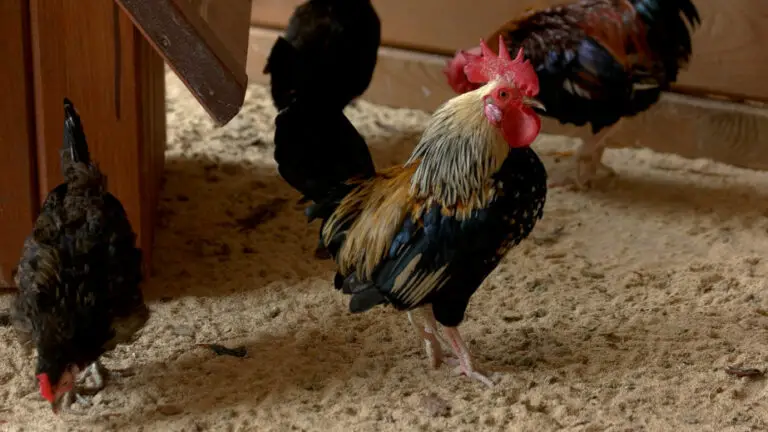Does A Chicken Coop Need To Be Off The Ground? Our Top 6 Reasons Why It’s A Good Idea
What’s the deal with all those coops you see elevated off the ground? It’s a popular coop design feature, and for good reason!
But DOES a chicken coop need to be off the ground? We think yes for the many benefits it provides:
- Convenience for cleaning, handling chickens, gathering eggs. (a back saver)
- Shade for summer days
- Predator Protection
- Better Protection from ground moisture
- More space for your flock to run!
- Better Air circulation
We delve into these benefits in this article and provide you with all the information needed to learn whether elevating your coop off the ground is the right choice for you, or if it’s not really needed.
Yes, there are times when elevating your coop is NOT necessary, so we’ll discuss those situations as well. Ok, let’s get to it!
Benefits Of An Elevated Chicken Coop
The following advantages are listed in no particular order. This list is by no means exhaustive. It’s based on our experience owning several elevated chicken coops.
More Predator Protection
Naturally, chickens tend to attract predators. Yes, we aren’t the only species who love our chickens. Predators do too, but not for the right reasons unfortunately.
If your coop is built at ground level, predators like mice, rats, and snakes can easily find their way in to kill your chickens or steal your eggs. Or worse, they can transmit diseases to your chickens.
With no floor or a weak floor, burrowing predators will always be a problem. If you have any small holes at all, even if you don’t think they’re too big, certain critters can still make their way in.
If your coop is built above ground, it’s much harder for larger predators to break in.
Additionally, if rat nesting is a problem for you, there’s less likelihood of that occurring since rats don’t like to build a nest where they feel too exposed.
Lower Moisture Levels In The Coop
If you live in an area where seasonal floods, rain, and runoffs are common, we highly recommend elevating your chicken coop. High levels of moisture can negatively impact a coop that is built on the ground, with or without a floor.
First, wood floors will start to rot. Second, there is a greater likelihood that mold or dangerous bacteria will start to grow. Either one of those factors can weaken the floor of your coop, and leach into the bedding.
We believe the bedding remains drier in an elevated coop as well. Obviously the bedding will become damp if your flock is out in the rain or snow, and then returns to the coop. However, the amount of moisture they track in won’t be enough to create mold issues IF you’re coop is properly ventilated.
Not only that, but as they walk on the ramp / ladder to get back inside the coop, they’ll leave some of that excess rain or snow from their feet onto the ramp itself. Therefore, they shed some of that excess water before entering coop, keeping the bedding a bit drier than if the coop was positioned at ground level.

Better Air Circulation
Proper ventilation is key with all chicken coops! With an elevated coop, air will be able to circulate through the coop more effectively. Not only that, but it is likely that the airflow will keep your coop slightly cooler during the summer.
In the winter, a stiff breeze will blow under the elevated floor. Depending on the weather and how strong the winds are in your geographical area, this can make for a chilly coop. However, by adding a thick layer of bedding on the coop floor, you can keep that chill at bay.
More Area for a Chicken Run
For those who don’t know, a chicken run is a space — usually enclosed — where your chickens can run around freely. If you have an elevated coop, the space underneath the coop will probably become part of your chicken run.
More space for your chickens to roam in = happier chickens! To make them even happier, add sand under the coop, so they can scratch around in a soothing dust bath. Sand is good at absorbing moisture and is simple to maintain.
Learn how to build a chicken run here.
Easier Maintenance
If you have a bad back or other physical maladies, cleaning a chicken coop that is built on the ground can be quite difficult since there is a lot of bending and crouching involved. But with an elevated coop, you can perform many tasks at around knee to waist high, or however high your coop floor is elevated..
Since the coop is usually a couple feet off the ground or so, you won’t have to crouch to clean your coop or collect any eggs. The elevated design not only makes it easier to clean, you’ll have more convenient access to nesting boxes and performing routine check ups on the flock.
Creates Shade for Your Chickens
If you live in a particularly hot sunny area, having a place for your chickens to cool off can be a lifesaver. No one wants to see their chickens suffer from overheating or heat stress.
As previously mentioned, you can put sand under their coop, so on a hot summer day your chickens can enjoy a satisfying dust bath.
Additionally, you can put supplies like their drinkers under their coop to keep it out of the sun and to free up space inside the coop.
When Is Elevating Your Chicken Coop Not Necessary?
Depending on your geographic location or coop placement, you may not need to elevate your chicken coop for the following reasons:
Your Coop is Placed Indoors
Some chicken owners keep their chicken coop inside another structure like a barn, pole barn, garage, or shed, and simply want them contained.
For example, if you don’t want your chickens outside in inclement weather or don’t have a yard large enough to place a coop in it, the chickens can be housed in a coop inside the garage or other outbuilding.
This contains the chickens in the coop so they don’t run amuck, pooping all over the building!
Your Coop is On a Cement Pad
If you plan to have your coop positioned on a cement slab, there will be fewer issues with moisture build up under the coop.
Below is a video showing how to make a cement slab at home.
The Chicken Coop is Mobile
If you have or are planning to build a mobile chicken coop, aka chicken tractor, it can be built at or near the ground level.
Since the coop is mobile, moisture is less of an issue. Rain and moisture/humidity will be less likely to get trapped in the floor if it’s being moved on a consistent basis.
More on adding wheels to your coop can be found in this article.
Frequently Asked Questions:
How high should a coop be elevated off the ground?
Most coops are usually built anywhere from 16 inches to 4 feet off the ground, with around two feet being the “sweet spot.”
In our experience, we would not recommend anything under one foot. Rats or other critters may see it as a nice place to build a home. You don’t want that! Not only that, it’s hard to crawl around under it if you need to do any coop maintenance or catch a chicken.
Basically, the coop should be high enough for your chickens to fit comfortably under it. We have found that around waist level is good in that you can clean it without excessive bending over.
By adding a ladder from the ground to an opening in the coop at about a 45 degree angle, your chickens can easily access the coop but predators will struggle to gain access.
How do you build a chicken coop off the ground?
For those who prefer to build their own coops, building an elevated chicken coop might seem a bit intimidating.
However, it CAN be quite simple. Most usually build their legs out of dimensional lumber, pressure treated preferred to better withstand the elements. See our free coop building plans to see how it’s done.
What Type Of Lumber Should Be Used For The Stilts (legs) ?
What type of wood used for a coop is important and depends a lot on the type of climate you live in.
We live in the Pacific NW where it rains a few months of the year so we chose pressure treated legs for the coop to withstand all that rainfall. Cedar is also a good choice, and is naturally more rot resistant..
Final Thoughts
In summary, there are plenty of reasons you should consider building or buying a chicken coop that is raised off the ground. To recap, here are the main advantages of having an elevated coop:
- Easy access for Chickens
- Convenience for cleaning, handling chickens, gathering eggs. (a back saver)
- Shade for summer days
- Predator Protection
- Better Protection from ground moisture
- More space for your flock to run!
- Better Air circulation
We recommend using pressure treated or cedar wood for the legs. Try to avoid using pressure treated lumber inside the coop as the fumes can be toxic to chickens.
We wish you the best of luck on building or updating your chicken coop. Happy “chickening”!







